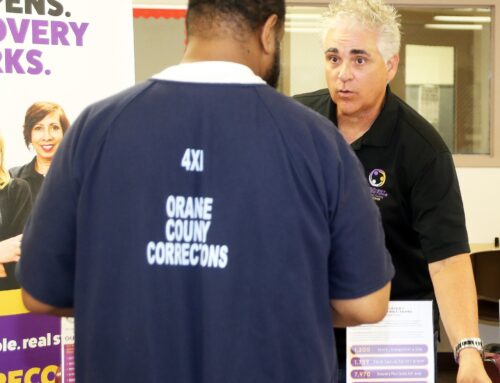In the realm of addiction treatment, the use of medication-assisted treatment (MAT) has emerged as a groundbreaking approach. It combines behavioral therapy and medications to address substance use disorders effectively. Despite its proven efficacy, MAT faces a pervasive and damaging obstacle: stigma.
Stigma surrounding addiction itself remains a significant barrier to effective treatment and recovery. This stigma often extends to MAT, primarily due to misconceptions and misunderstandings about the role of medications in addiction treatment.
MAT utilizes FDA-approved medications like methadone, buprenorphine, and naltrexone, alongside counseling and behavioral therapies, to address substance use disorders. These medications help by easing withdrawal symptoms, reducing cravings, and normalizing brain chemistry without causing the euphoric highs associated with the substance being treated.
However, despite its success in helping individuals recover from addiction, MAT confronts persistent stigmatization. Some common misconceptions contribute to this stigma:
- Moral Judgment: Many people still view addiction as a moral failing rather than a complex medical condition. Consequently, the use of medications to treat addiction is sometimes seen as a shortcut or a sign of weakness, rather than a legitimate medical intervention.
- Fear of Dependency: Concerns often arise about substituting one drug for another when using medications like methadone or buprenorphine. There’s a fear that individuals receiving MAT might become dependent on these medications. However, addiction specialists emphasize that this approach is a form of harm reduction, allowing individuals to stabilize their lives while reducing the risk of overdose and other health issues.
- Lack of Understanding: The general public may lack understanding about how MAT works and its role in long-term recovery. Misinformation and limited awareness about the science behind addiction treatment contribute to negative attitudes toward MAT.
Combating the stigma associated with MAT is crucial for improving access to effective addiction treatment. Here’s how we can work toward overcoming these barriers:
- Education and Awareness: Public education campaigns and community outreach initiatives play a vital role in dispelling myths and providing accurate information about MAT. Increasing awareness about the science of addiction and the effectiveness of medication-assisted treatments can help reduce stigma.
- Language Matters: Changing the language used to discuss addiction and MAT can shift perceptions. Avoiding stigmatizing terms and adopting more compassionate and accurate language can help reduce judgment and misconceptions.
- Professional Training: Healthcare providers and professionals should receive comprehensive training in addiction medicine to better understand and support MAT. This can foster a more empathetic and informed approach when interacting with individuals seeking treatment.
- Policy Changes: Policymakers need to enact policies that support the integration of MAT into mainstream healthcare services. This includes removing barriers to access, such as prior authorization requirements or limited insurance coverage for MAT.
Embracing medication-assisted treatment as a vital component of addiction care requires a collective effort to challenge the stigma. By fostering understanding, empathy, and informed discussions, we can create an environment where individuals struggling with addiction feel empowered to seek and receive the most effective treatment for their recovery journey. It’s time to recognize MAT as a valuable tool in combating the opioid epidemic and supporting individuals on their path to long-term wellness and sobriety.
Recovery Connections of Central Florida believes in multiple pathways to recovery and supports MAT for those individuals who choose this pathway. Our Certieid Recovery Peer Specialists work with providers and can assist those individuals seeking MAT as a form of recovery. Call us at (407) RECOVER or (407) 732-6837 and speak with a peer specialist to being the journey to long-term recovery.




